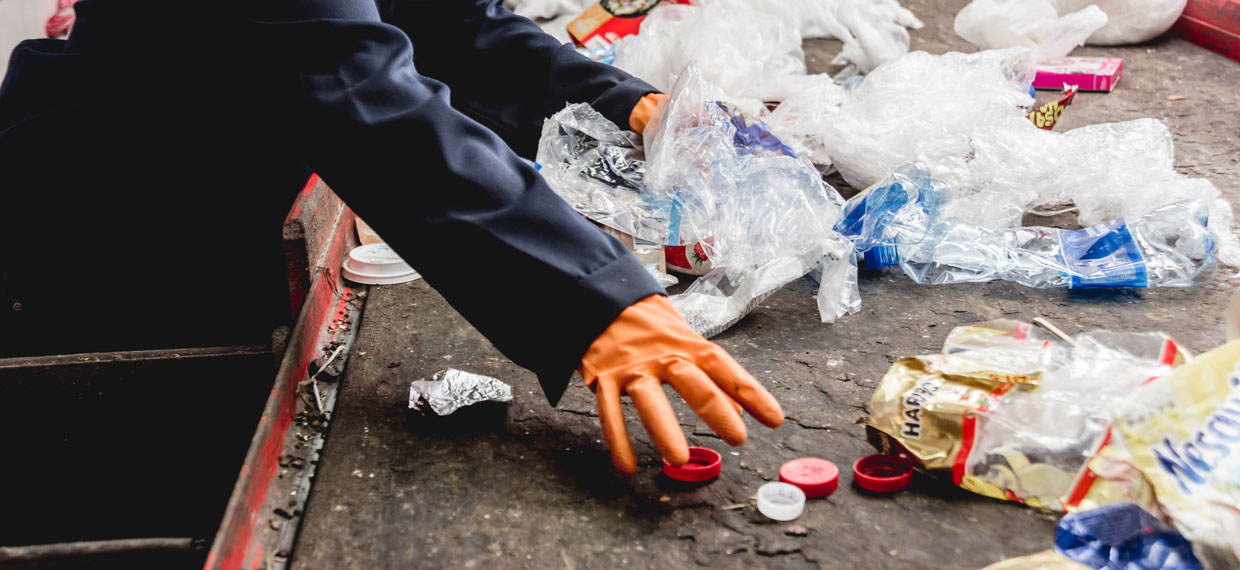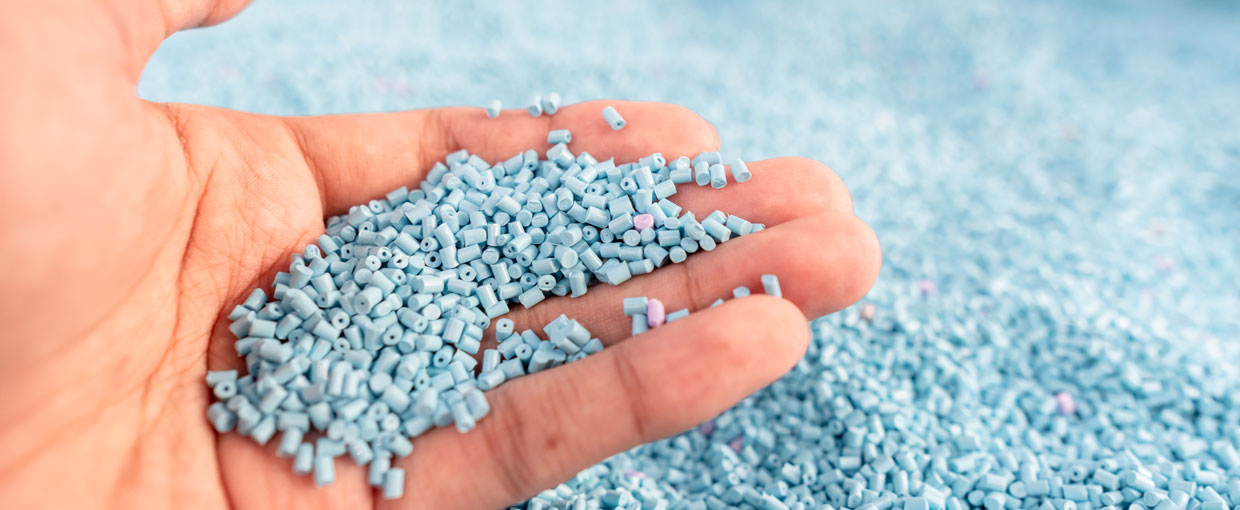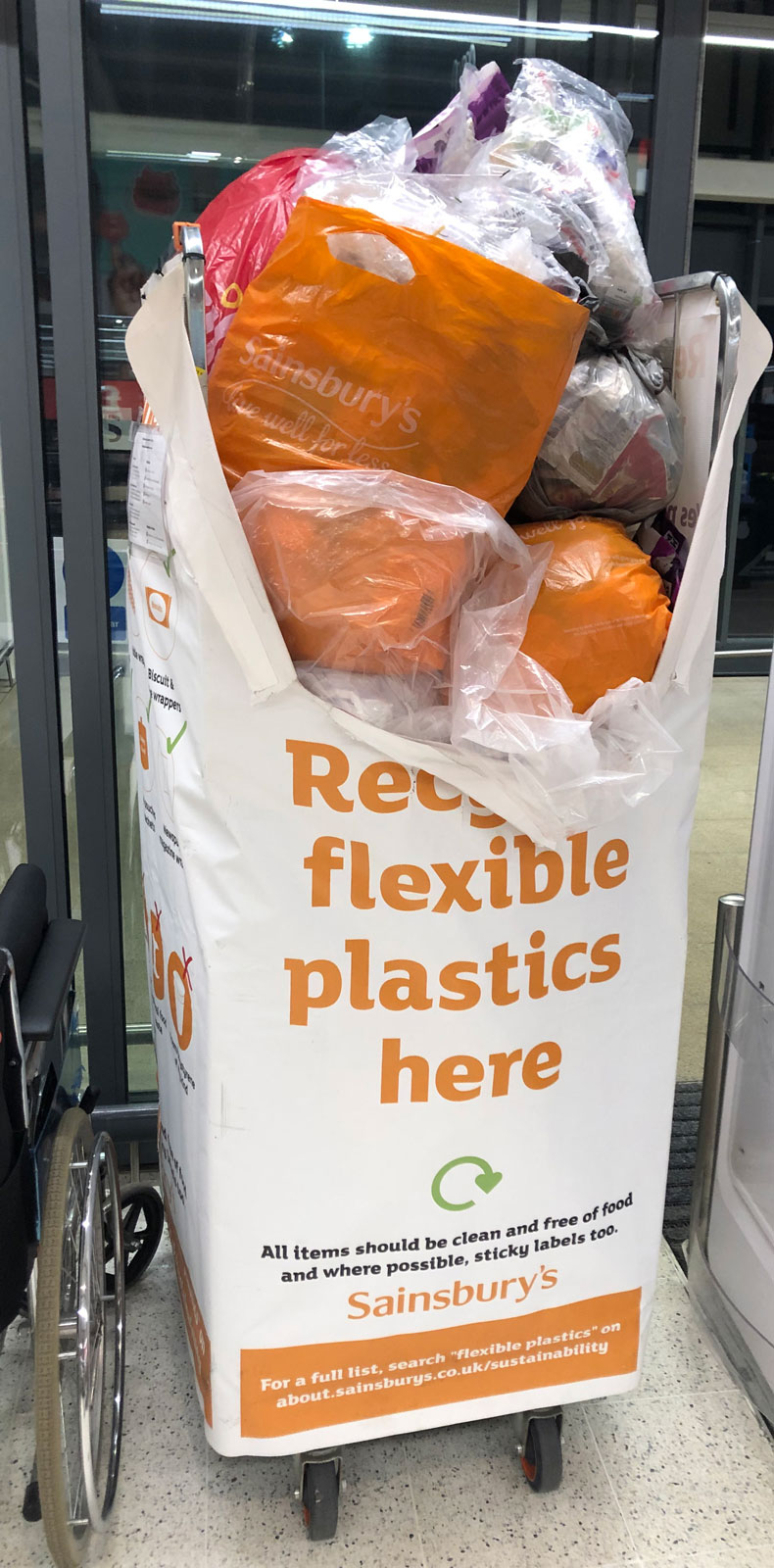When it comes to doing our bins, we all know that paper, cardboard, glass, tin, and plastic all go in our green recycling bins.
We make the conscious effort to separate our recyclable waste from the general waste… we are just doing our bit, but here lies the end of our contribution.
We are aware of the environmental crisis we face, we do our best to reduce reuse and recycle (just when it is convenient).
When we remember our reusable cups, we use them to cut back on single use plastics and feel like eco-queens, but we aren’t perfect and we don’t always get it right. Admit it: if you are out and about, you’re hardly about to turn around and walk home again just to go and get your coffee cup.
And when we do need to buy plastic we try to opt for plastics that are either; recyclable, made from recycled plastic, or made from something else entirely. But, the ease of using plastic means we rarely end up with the latter option.

We are all guilty: despite our awareness we don’t always act. In an article by the Guardian, they addressed that “awareness is rarely enough”. In the article, Giles Quick says; “There is always a kind of slip between concern, intent and changed behaviour […] the best example is five a day. Almost everyone is aware of it but only something like 15% of us achieve it.”
Commonly, the issue lies in the fact that we feel less guilt when buying plastic that claims to be recyclable or made from recycled plastic, but this does very little to solve an ever growing problem. We know buying plastic is bad, but doesn’t this feel a teeny weeny bit less bad?
Recyclable recycled plastics are still not efficient. The true extent of this lies in the fact that “only 9% of plastic ever produced has been recycled.”
When only 9% of the mass of plastic that we see on supermarket shelves, or that we use to temporarily store our ‘food to go’, recyclable plastic remains as much of an issue as everyday plastic.
The majority of the public have been led to believe that when we recycle our plastic water bottle, it’ll be made into a new one, when in fact most plastics can only be recycled into a new plastic product once. Either I had been ignorant to this, or most probably greenwashed into believing this when I saw the little green recyclable triangle on my bottle of coke.
Then there are single use plastics. The clues are in the name: the plastic used to make single use items such as straws, spoons, carrier bags, and face masks, are polyester based materials that can only be moulded once, they cannot be remade into a new plastic item.
Additionally, despite all of the plastics that we put in our recycling bins to get sorted and washed, only a small percentage get recycled at recycling centres: “Conventional mechanical recycling methods such as sorting, grinding, washing, and extrusion can recycle only 15-20% of all plastic waste.”

Once the plastic surpasses its ability to be remade into a new plastic product, it can be down cycled as it degrades. Often this downcycled plastic is used in clothing, but ultimately plastics degrade down until they are useless. They then end up in landfill and slowly become micro plastics and will emit methane gas as it decomposes.
But as we all very well know, a lot of this waste, and micro plastics will also end up in our ocean: “The Canadian Government has noted that around 8 million tons of plastic enter our oceans every year – the equivalent of dumping a dump truck’s load of plastic in the sea every minute.”
Sophia Holt, writer for Sea Going Green has said; “The Great Pacific Garbage Patch is now three times the size of France and contains more than 1.8 trillion pieces of plastic.”
Alternatively, the only way to truly get rid of plastic is through a method of thermal combustion. This is a process of burning the plastic, but this creates a highly hazardous and toxic gas that will contribute to air pollution and greenhouse gas emissions.
Disappointingly, when it comes to plastic there is no winning solution; the outcomes are either slowly decomposing to release methane, becoming micro plastics polluting our oceans, or melting them into greenhouse gas emissions. All plastic, no matter how recyclable it first is, will end up in one of those three outcomes.
Here in Portishead, many of us trying to do better often take our used plastic to specific plastic recycling points in our Avon Way Co-Op or Sainsburys supermarket. But few of us know what actually happens to these flexible plastics.
Sainsbury’s said their flexible plastics recycling points offer “customers the opportunity to bring back packaging made from PP (Polypropylene) film for recycling – a type of plastic commonly used for items such as salad bags, frozen food bags and rice packaging.”
The aim sounds great, and many of us feel as though we are doing our bit for the environment for being able to recycle more of our plastics, but information on where exactly this ‘recycling’ goes is not widely known. It begs us to ask the question; how good can the scheme be if the process is undisclosed to the public at these recycling points?
In this instance the plastic is melted down and the plastics oils are remoulded into these manufacturing items. Great a new lease of life…. not really. The process of melting these plastics “releases toxic gases like dioxins, furans, mercury and polychlorinated biphenyls (better known as BCPs) into the atmosphere, and poses a threat to vegetation, and human and animal health.”
Through this process these flexible plastics will mostly melt away whilst releasing gas, or slowly get downgraded into micro plastics. Although it is arguably better that these plastics have a slightly extended lifetime, they evidently will continue to harm our environment.

Our only choice to stop plastic causing havoc on our environment is to totally avoid plastic. We have known it all along, but greenwashing and recyclable logos had given us a false pretence that we can no longer allow ourselves to believe.
The label plastic free or zero waste feels incredibly daunting, but it doesn’t have to be.
There are easy ways to reduce our personal plastic consumption in our everyday lives:
To do this we must find alternatives to plastic, by replacing plastic with recyclable products we can begin to irradicate our plastic use.
Incentives
Plastic taxes are one incentive to aid this. In Iceland, plastic bags were taxed which led to a 90% reduction of plastic bag use.
Plastic bans
Plastic bans have also been pledged, and over 170 nations joined the UN resolutions to “significantly reduce the use of plastics by 2030.”
Eco Swaps
But we can also swap out our everyday common plastic usages. Common plastic-like cling film is just one easy product to swap out of your lives. Sandwich wraps like beeswax wraps can help us transport your packed lunches our wrap up left over food.
Other swaps like reusable; sanitary items, make up wipes, coffee cups, are great too.
When you’re shopping you can also get your essentials plastic free, try items like shampoo and soap bars instead of it bottled up in plastic. The initiative is out there, and making these small conscious swaps will make a tremendous difference.
Here in Portishead, we have the likes of Simply Green which is a zero waste shop. Shopping here allows you to package your own food goods in your own Tupperware’s and jars rather than the usual plastic wrapped bags. Swapping out plastic is necessary, but it does not have to be hard when we can find alternatives to plastic products.
“Our oceans contain 300 million tonnes of plastic waste and we add another 8 million every year”, what if we could reduce that figure, imagine the world of difference we could make by changing the way we wrap things. It’s crucial to not lose sight and “slip between concern, intent and changed behaviour.” We have the concern and intent to do better, so let’s make the swaps and make plastic use reduction a changed behaviour.
If our habits as consumers change, the companies we buy from will begin to change to meet our demands as their customers.
Every swap counts, you don’t have to do it all at once. Each change you make will help stop the havoc plastic is causing to our environment.
Website by Mike French Creative
© Turn The Tide Portishead 2024 | Privacy & Cookie Policy